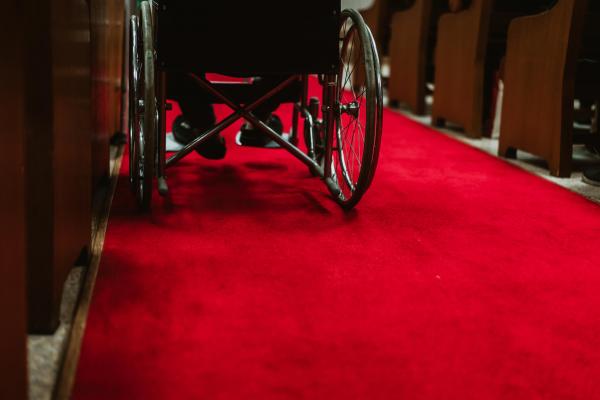Jun 25, 2020
Justice is not something we form or fashion. It is woven by God into the very fabric of creation. It has been from the very dawn of time. Justice just is. Our responsibility is to let justice roll, and that means removing those barriers — individual, structural, systemic — that stand in its way, blocking justice from reaching its appointed destination.
Read the Full Article

Already a subscriber? Login
